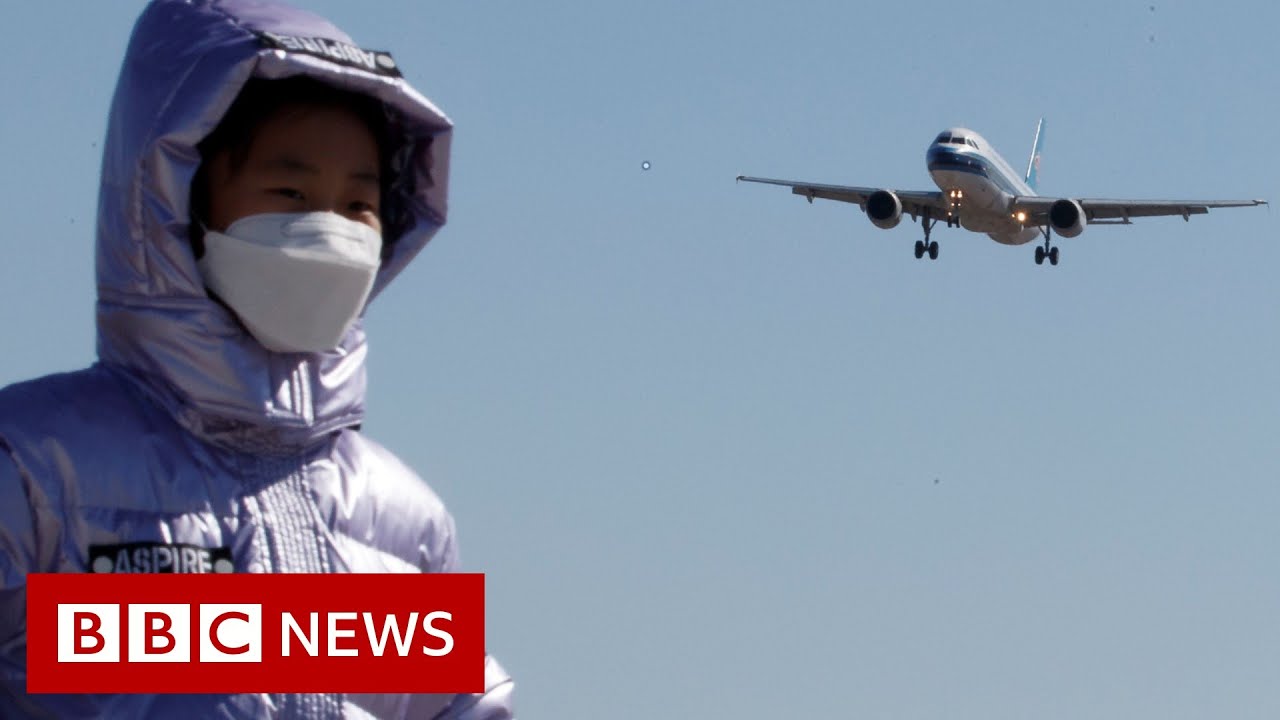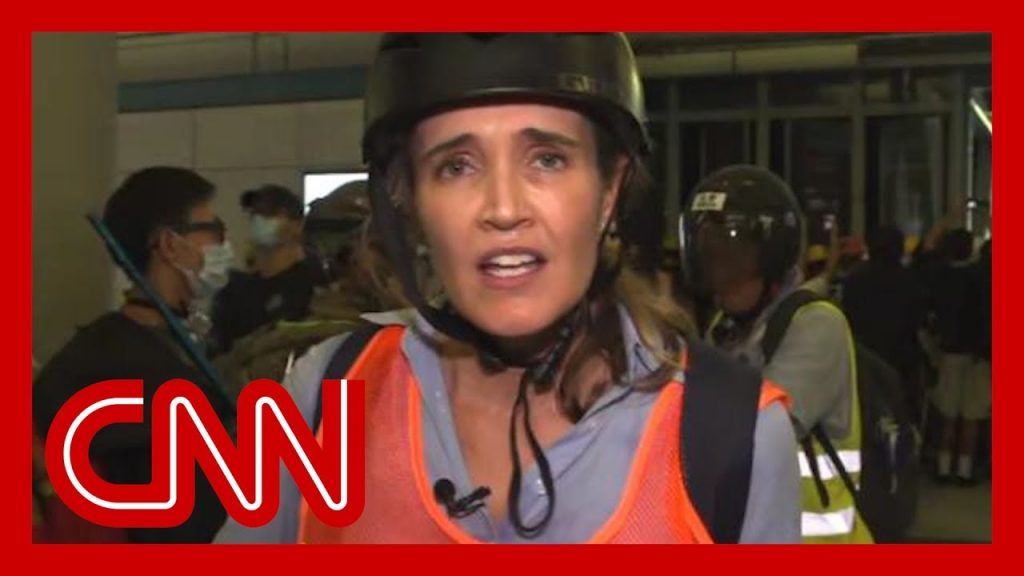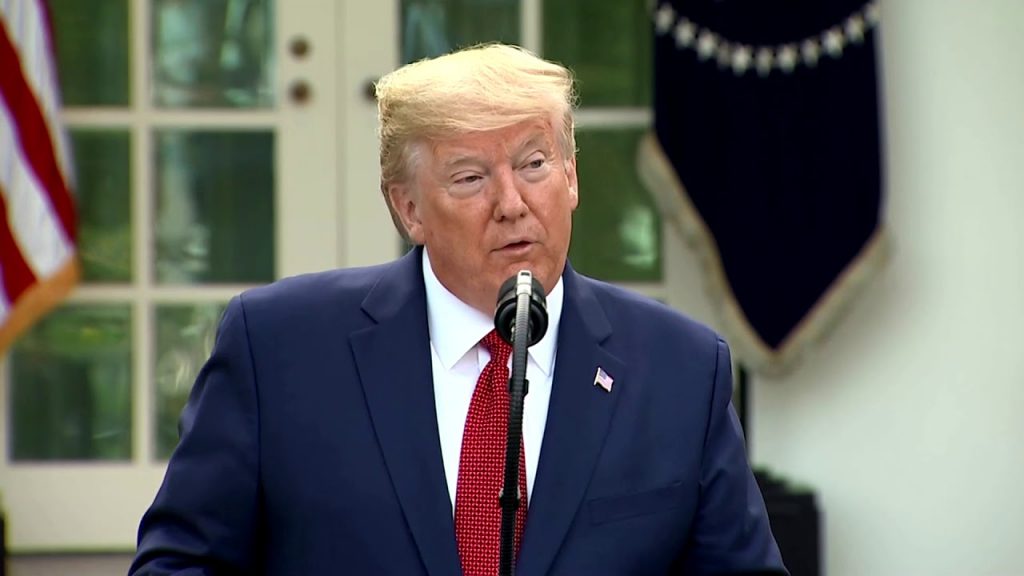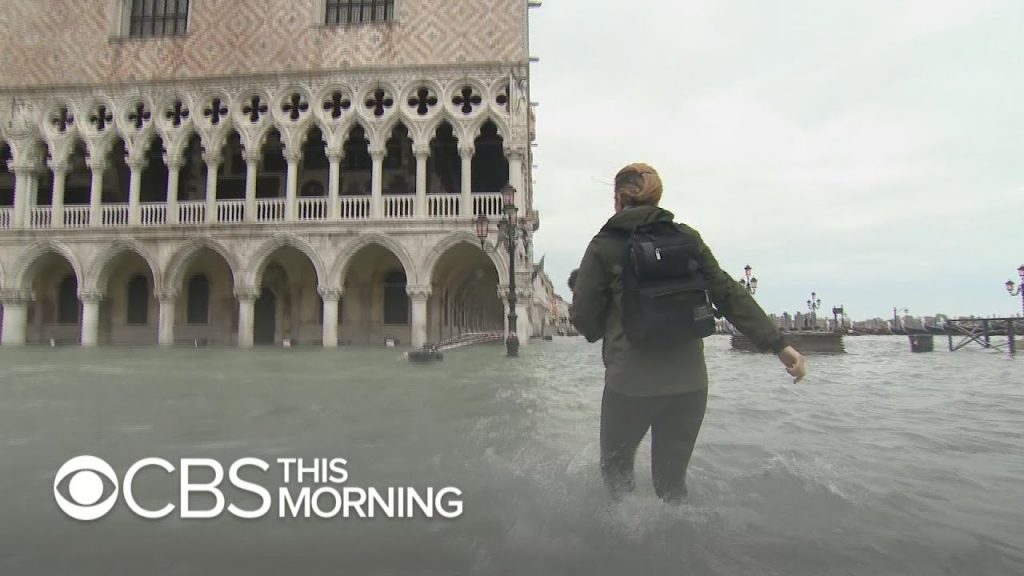Coronavirus Explained: What is the impact?

Governments around the world take increasingly drastic measures to manage the coronavirus pandemic.
More countries have announced that schools will be closed temporarily and Australia will ban mass gatherings from next week. With no end in sight to the crisis, what is the impact of all this?
Who is most vulnerable to the virus and what precautions are governments taking to protect them?
As the coronavirus outbreak continues to gain momentum worldwide, concern over the virus’ impact is increasing. With over 100,000 cases reported globally, governments around the world have been forced to take decisive actions to control the spread of the virus.
At its core, the coronavirus is a respiratory illness which spreads from person to person through contact with droplets from the nose or mouth of an infected person. Its symptoms include fever, coughing and shortness of breath. However, it is not yet clear how easily the virus spreads or its exact incubation period.
The impact of the coronavirus has been felt in every sector of society. Schools, places of worship, and major sporting events have been cancelled or postponed as countries work to contain the spread of the disease. In some countries, public gatherings have been banned and borders have been closed, while others have gone as far as implementing quarantine procedures.
The outbreak has had an economic effect as well. As travel restrictions and quarantines disrupt supply chains, some companies are struggling to get the raw materials they need to continue their operations. Similarly, the tourism industry has been hit hard as countries advise their citizens to avoid non-essential travel.
Notably, the impact of coronavirus has not been felt equally. The elderly and those with pre-existing medical conditions are most vulnerable to the virus, and have a higher mortality rate than younger and healthier individuals. For this reason, many countries are taking extra precautions to protect those most at risk.
Despite the seriousness of the outbreak, there is hope. Many countries are working together to develop a vaccine and other treatments, and researchers are working to understand more about the virus and its transmission. Governments around the world are also increasing their capacity to identify, track and treat the virus.
As the situation evolves, it is important to remain calm and follow the advice of health authorities. By practicing good hygiene, such as frequent hand washing and avoiding close contact with those who are sick, individuals can help to slow the spread of the virus. While the coronavirus may be a formidable enemy, with continued efforts and cooperation, we can work together to overcome it.









Jersey City Shooting Leaves Officer Shot In Head
Acting DNI refuses to turn over whistleblower complaint, raising concerns of a coverup
Europe’s economy is slowing down
US signs immigration agreement with Guatemala
New Trump WH Press Secy. Kayleigh McEnany Says She Won’t Lie From Podium